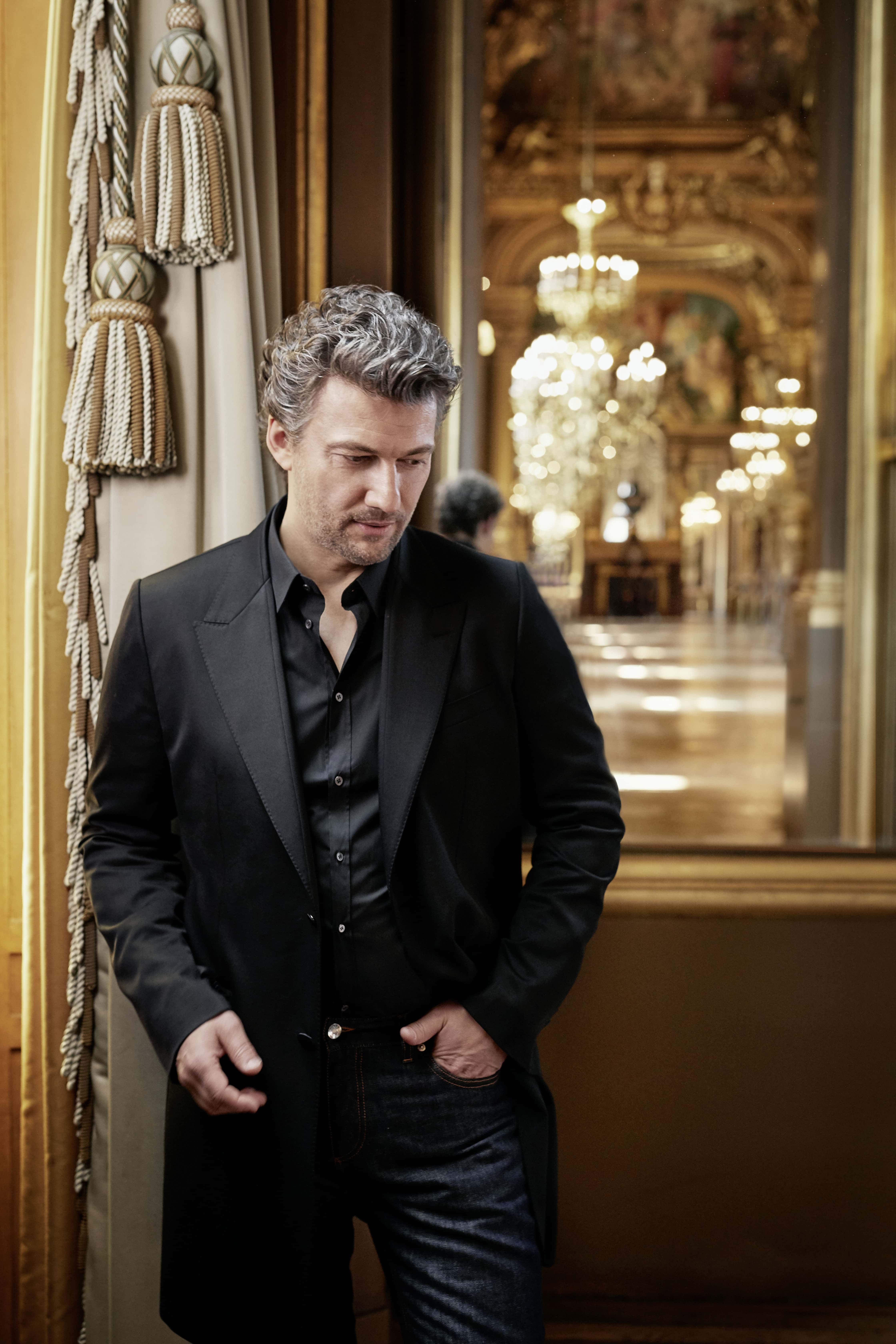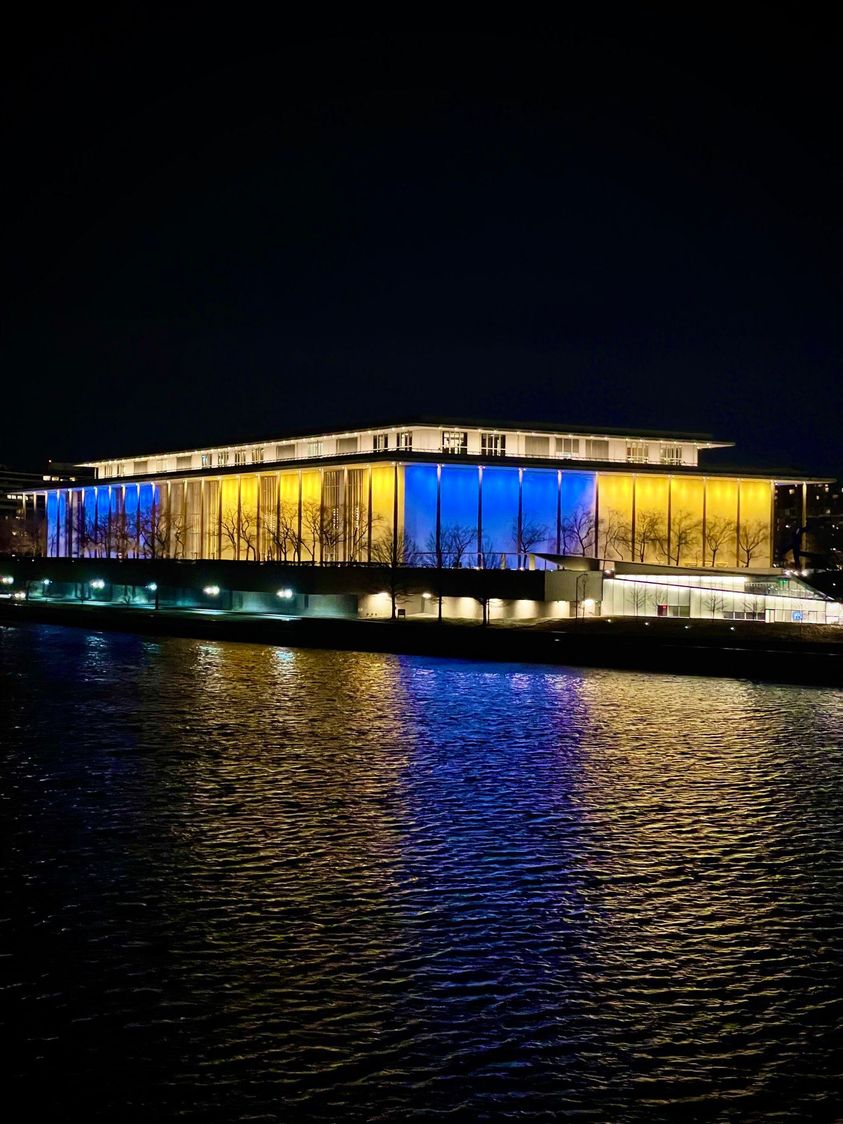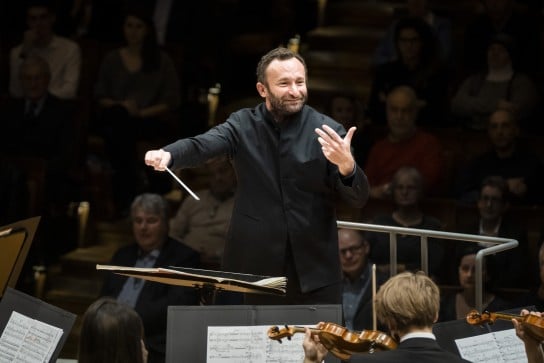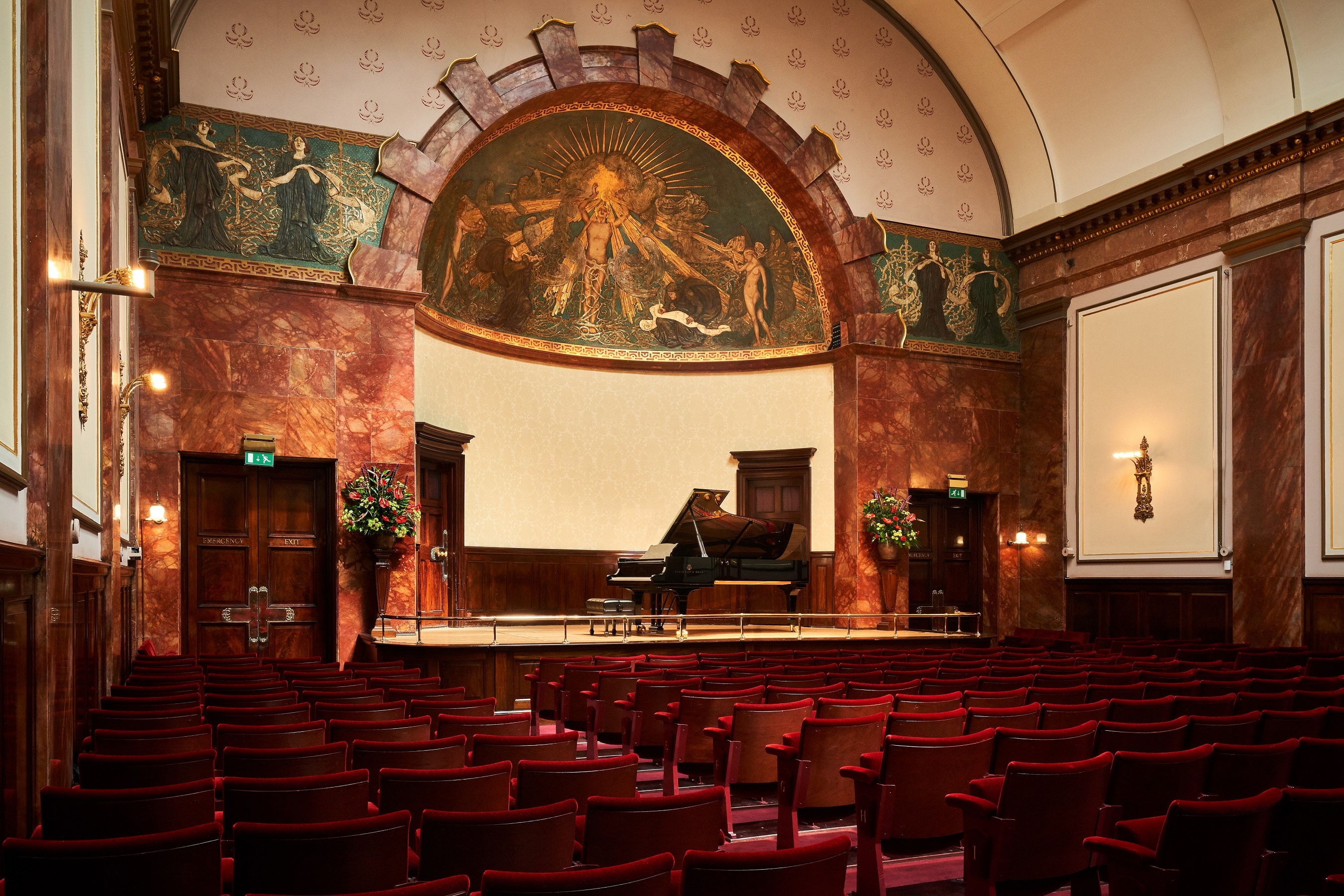Jonas Kaufmann: You won’t see me in contemporary opera
NewsFrom a Guardian interview, ahead of a cancelled London Christmas recital:
‘Most of these compositions are done once and forgotten. There are some exceptions, but the complexity of modern music is just too much for most audiences to go home with a smile or even with a melody. A new opera hits you in your face and it might be very impressive, but the endorphins that you have sometimes when you hear a beautiful aria? They’re not there for sure. That makes it difficult for these pieces to join the repertory….
‘The fascinating thing about opera is that is a bit old fashioned, a bit mysterious, a bit different. It should take a leaf from the Game of Thrones’ playbook. “Series such as this are so successful not because they are modern but because they create a different world in such a fantastic and perfect way that you dive into it and you start to forget it is fake. This is opera!’…
Read on here.






Comments